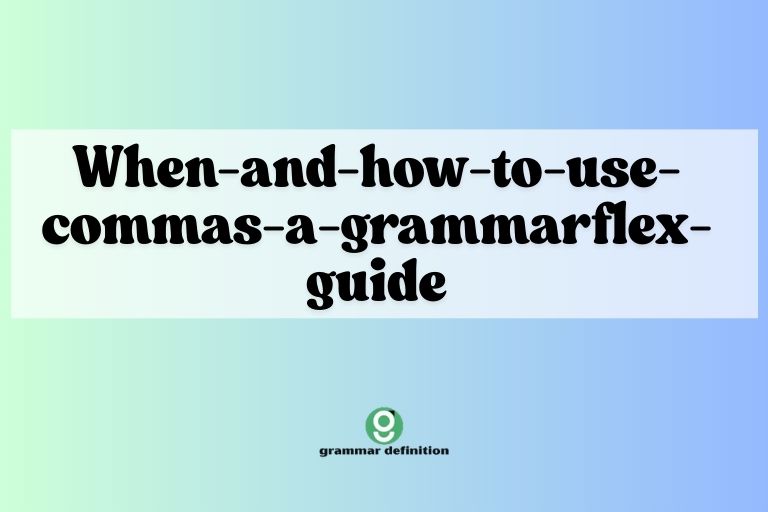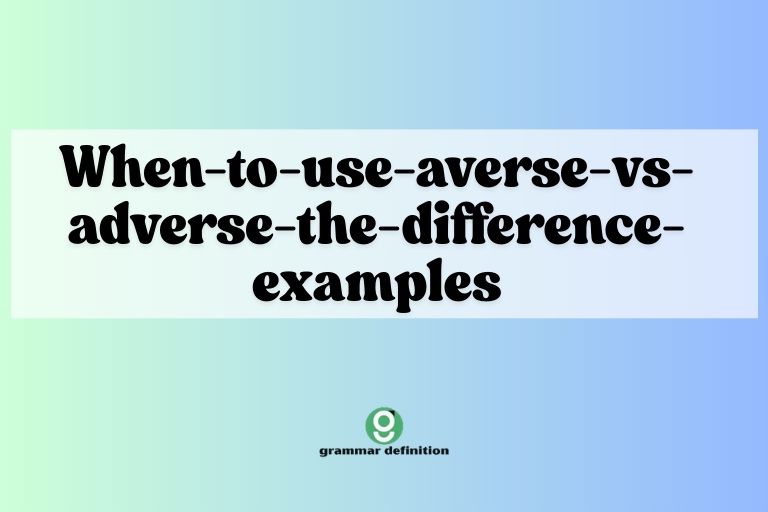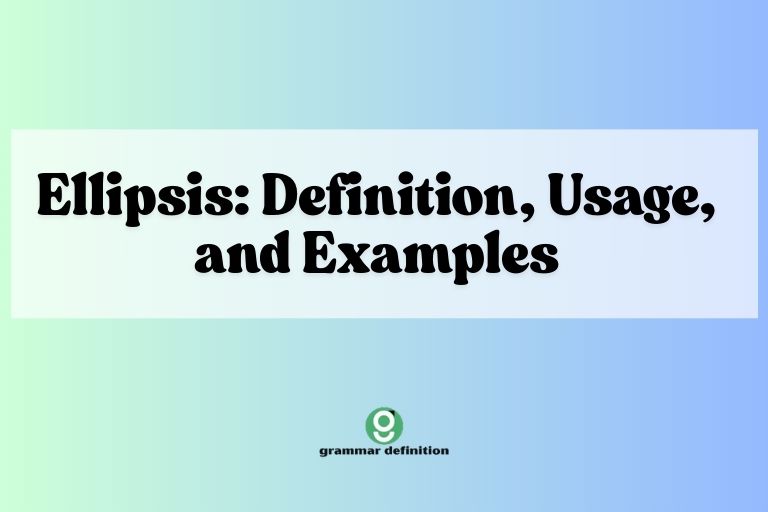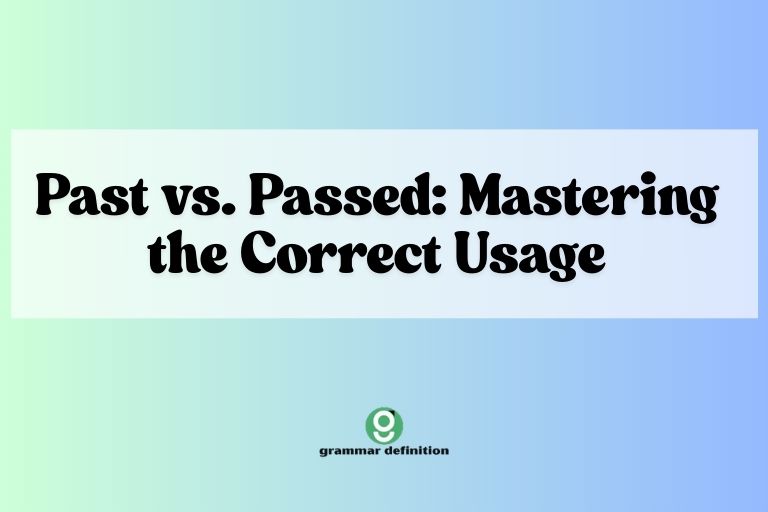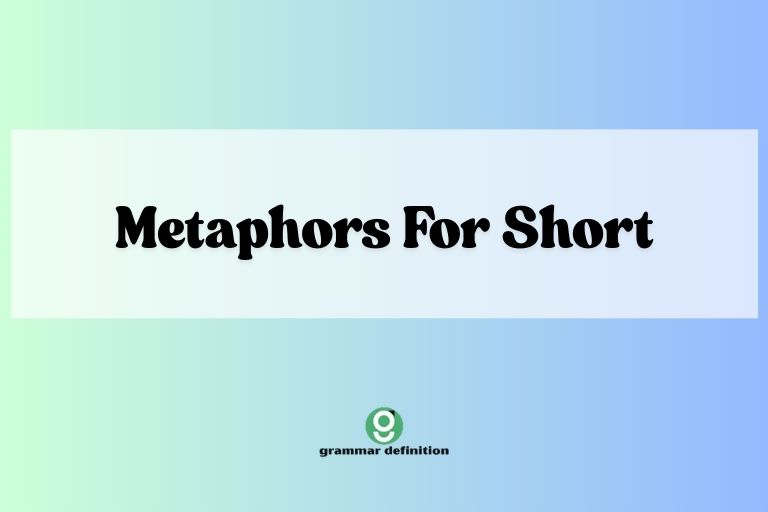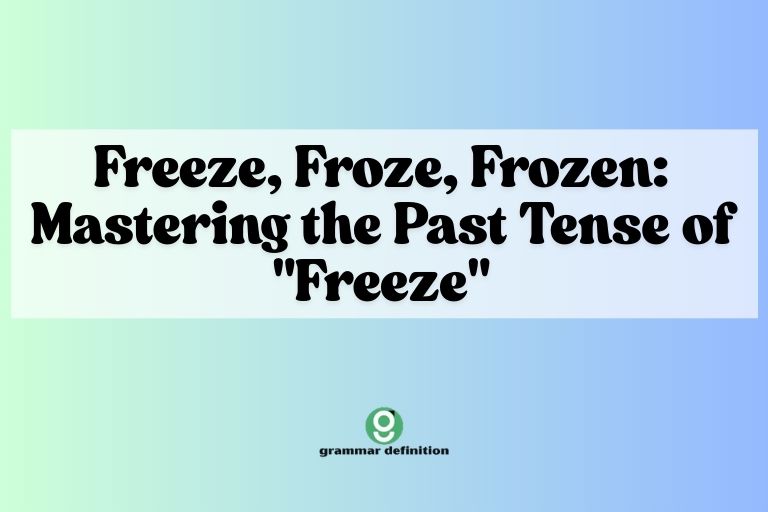Beyond “I’ll Try My Best”: Diverse Ways to Express Commitment
Expressing your commitment to doing your best is a crucial skill in English communication. While “I’ll try my best” is a common and perfectly acceptable phrase, relying on it exclusively can make your language sound repetitive. This article explores a wide range of alternative phrases and expressions that convey the same sentiment with varying degrees … Read more



